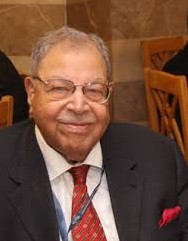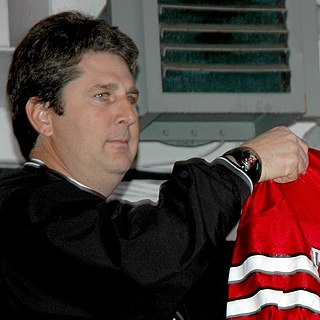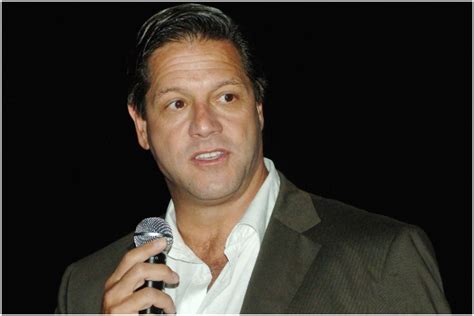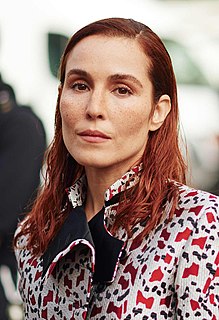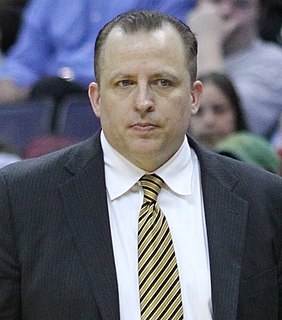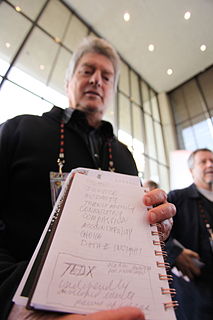A Quote by Gillian Jacobs
I think we are used to being critical and evaluating ideas.
Related Quotes
I am often talking about the ideas collected in Normal Life in contexts that are not academic, or that are full of people who are not primarily engaging as theorists or theory-readers. Being able to make ideas visual, especially critical ideas about movements that can be difficult to hear because of attachments we have to certain national narratives, or because of ways that we see ourselves, is especially useful.
Now you mustn't think that I don't have any ideas for novels in my head. I've got ideas for ten novels in my head. But with every idea I have, I already foresee the wrong novels I would write, because I also have critical ideas in my head; I've got a full theory of the perfect novel, and that's what stumps me.
Too many politicians are shifting the critical themes of our national conversations from a 'big ideas' American Brand Platform to narrowly focused, polarizing sound bites that put party philosophy before what used to be heralded as the common good. These ideas, more often than not, divide us rather than serve to bind us.


